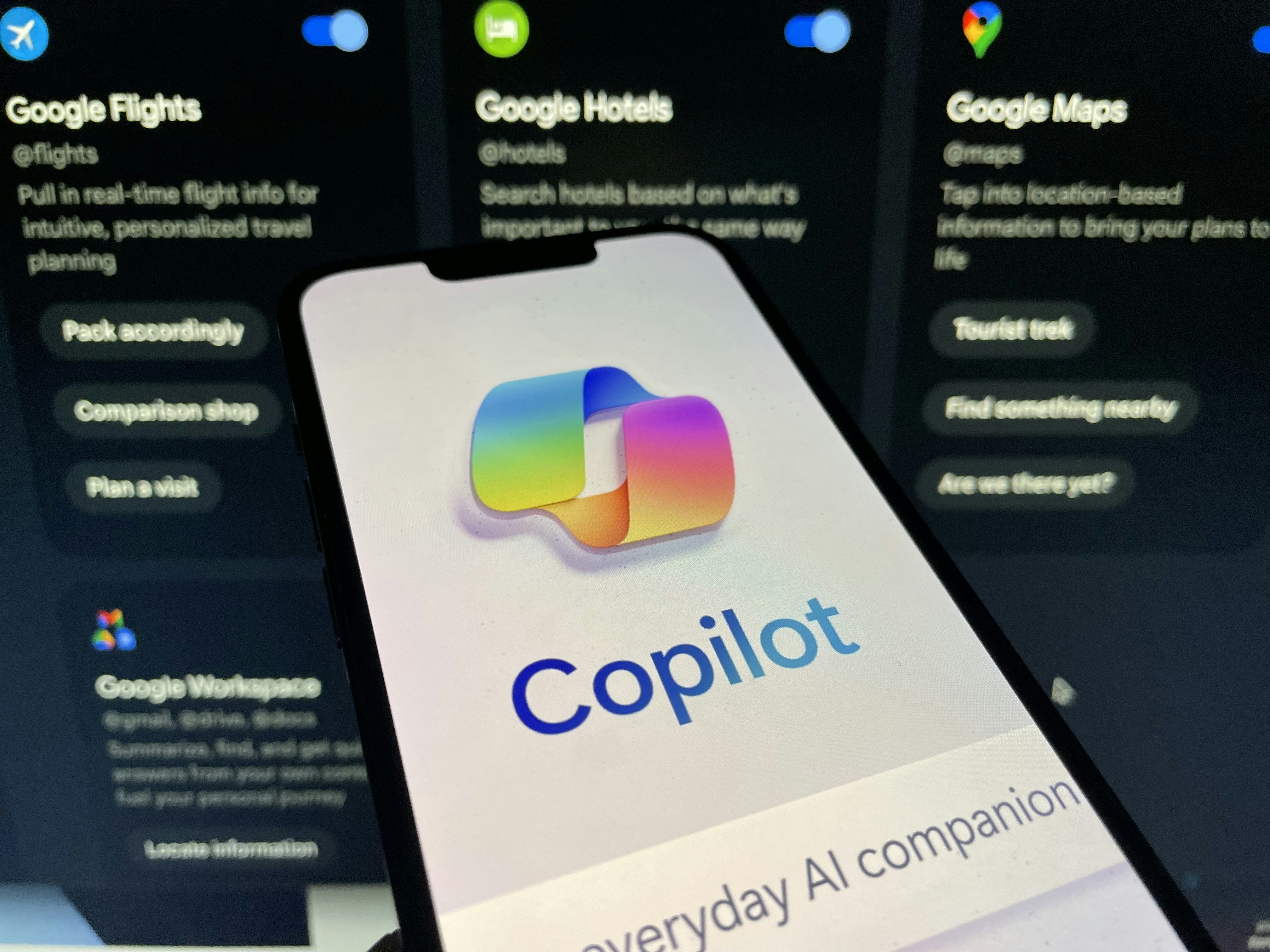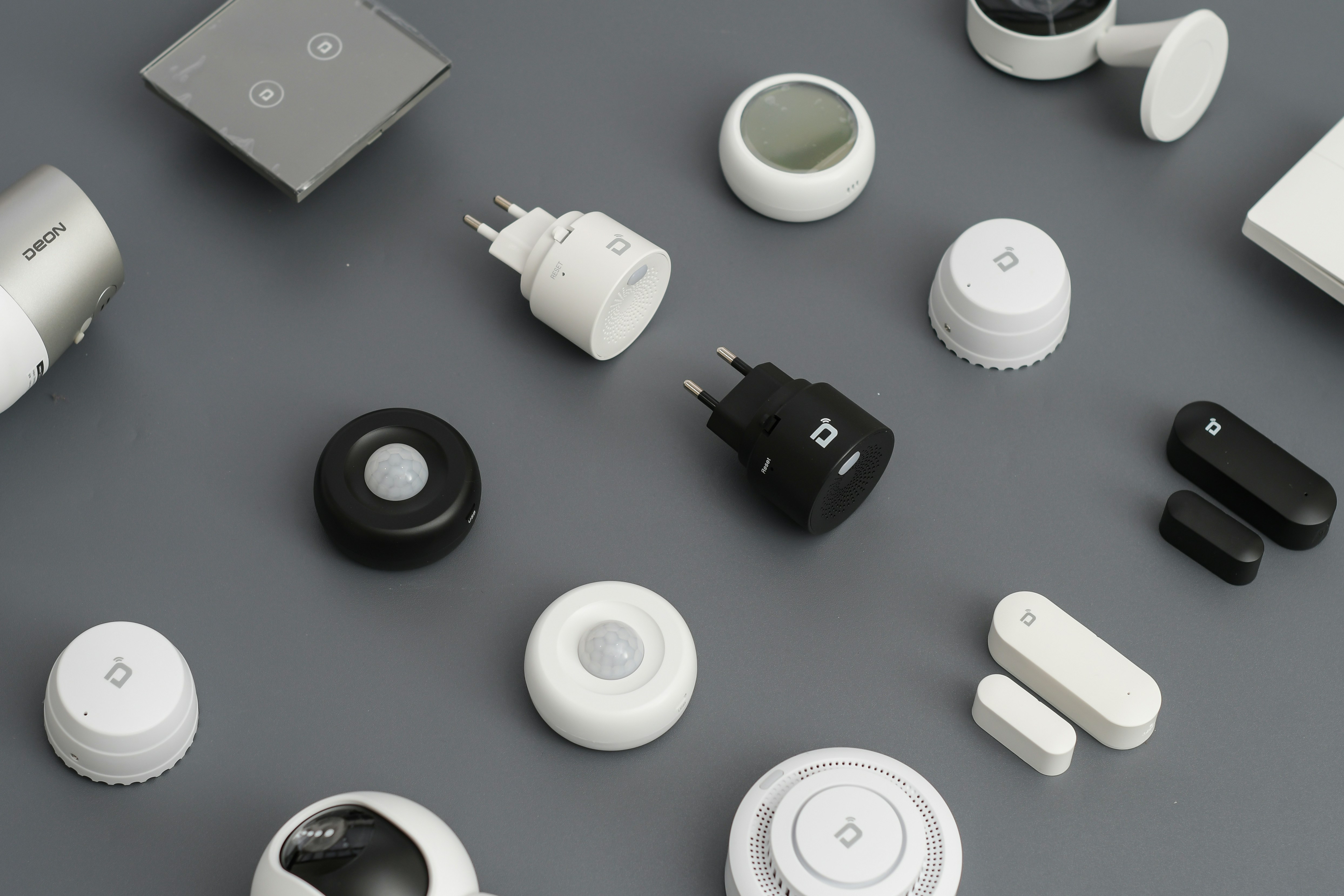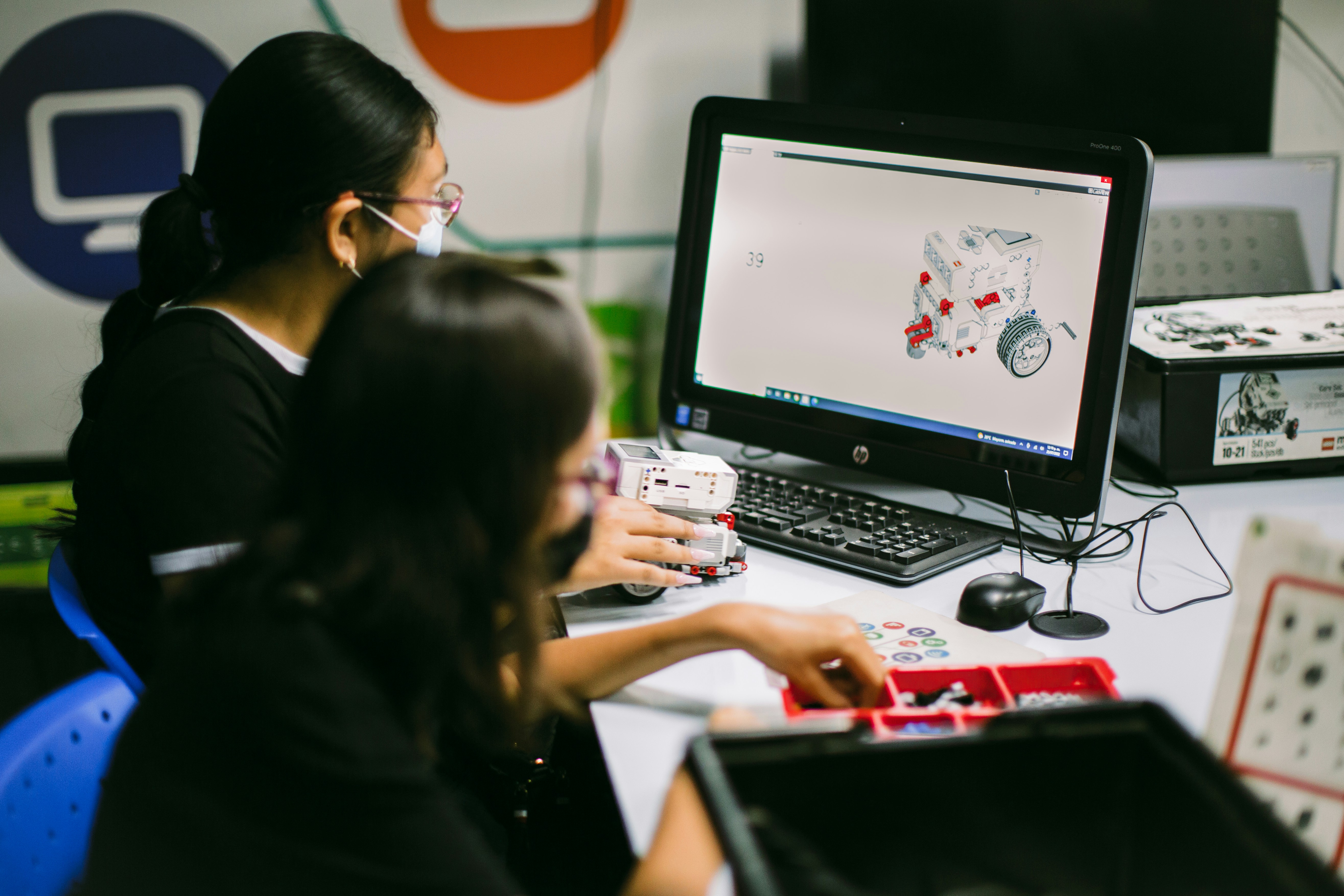🛡 Powerful Protection Spells That Shield From Harm
Safeguard yourself, loved ones, and your home from negative energy and spiritual threats with effective, trusted protection spells.
Introduction to AI Girlfriend Apps
AI girlfriend apps represent a novel intersection of technology and emotional engagement, allowing users to explore virtual relationships in a manner previously confined to science fiction. These applications utilize sophisticated artificial intelligence algorithms to simulate human-like interactions and relationships. By leveraging natural language processing and machine learning techniques, these apps enable users to communicate with a virtual partner that can respond in a manner akin to real human engagement.
The proliferation of technology in everyday life, particularly through smartphones and the internet, has laid a foundation for the rise of these virtual companions. In an era characterized by increased digital interaction, many individuals find solace in forming connections that transcend physical boundaries. AI girlfriend apps cater to this need, providing users with personalized experiences that adapt to their preferences and emotional states. As such, they offer a unique solution for companionship, especially in a world where social isolation can be prevalent.
The growing popularity of AI girlfriend apps can also be attributed to their ability to provide users a non-judgmental space to express themselves. Users can engage in conversations, share personal stories, and even seek advice without the fears that accompany real-world interactions. This aspect often enhances user comfort and willingness to engage with the technology further. Additionally, such applications frequently integrate features like reminders, games, and storytelling, making the virtual relationship dynamic and engaging.
As the concept evolves, it is essential to understand that AI girlfriend apps are not just mere tools but resonate with deeper societal changes regarding how individuals connect and relate to one another in a digitally driven landscape. The implications of these relationships on emotional health and societal norms are significant and warrant thoughtful examination, particularly as users increasingly turn to virtual partners for companionship.
The Technology Behind AI Girlfriend Apps
AI girlfriend apps represent a significant advancement in the realm of digital communication and companionship. At their core, these applications harness sophisticated algorithms and innovative artificial intelligence (AI) technologies to create an immersive user experience. The primary components that underpin these apps include natural language processing (NLP), machine learning, and emotional response generation.
Natural language processing serves as a foundation for effective communication between users and their virtual partners. Through NLP, the app can comprehend and respond to user inputs in a conversational manner. This process involves parsing and understanding text, sentiment analysis, and context determination. Such capabilities enable the app to engage in fluid, human-like dialogues, making users feel as though they are interacting with a real person.
Machine learning further enhances the functionality of AI girlfriend apps. By utilizing vast datasets and user interactions, these applications can learn from past exchanges to improve the quality of their responses. As users engage with the app, the system continuously adapts and refines its behavior, tailoring interactions based on individual preferences and emotional cues. This personalized approach enhances user satisfaction and fosters a sense of connection.
Another critical component is the generation of emotional responses. Advanced AI techniques allow these apps to simulate empathy and emotional intelligence, thereby making interactions more relatable. By assessing verbal cues and user feedback, the AI can produce appropriate emotional responses, further deepening the virtual relationship. The integration of emotion recognition technology enables the app to identify feelings such as happiness or frustration, allowing it to reply in a manner that resonates with the user’s emotional state.
In essence, AI girlfriend apps combine these cutting-edge technologies to facilitate realistic and meaningful relationships in a digital landscape, providing users with companionship that feels increasingly authentic.
Benefits of Using AI Girlfriend Apps
As society progresses into the digital age, the emergence of AI girlfriend apps presents an innovative approach to companionship and emotional support. One of the primary benefits of utilizing these applications is the opportunity for users to engage in fulfilling virtual relationships without the pressure of traditional dating scenarios. These platforms foster a sense of connection and intimacy while mitigating the anxieties often associated with real-life interactions.
AI girlfriend apps offer an environment devoid of judgment, allowing users to express themselves freely. This feature is particularly beneficial for individuals who experience shyness or social anxiety, as they can interact with their virtual partners at their own pace. The algorithms powering these applications are designed to adapt and respond to users’ preferences, creating a personalized experience that can enhance emotional well-being. This customization not only maximizes user satisfaction but also reinforces the feeling of companionship.
Another significant advantage is the continuous availability of these virtual relationships. Unlike human partners, AI companions are accessible at any time, providing a source of comfort in moments of loneliness. Users can engage in conversations, share thoughts, or seek advice, contributing to a consistent emotional support system. The non-judgmental aspect of these interactions ensures that users can ventilate their feelings without fear of repercussions, further enhancing their psychological health.
Moreover, AI girlfriend apps can serve as an effective tool for self-discovery. Users may explore their preferences, emotional needs, and even romantic aspirations within a safe digital space. This exploratory aspect can help them gain insights into their own identities and relationships, potentially paving the way for healthier interactions in the future. As the trend of digital relationships continues to gain traction, these benefits showcase AI girlfriend apps as valuable components in the landscape of modern companionship.
Concerns Surrounding Virtual Relationships
As society increasingly embraces technology in various aspects of life, the rise of AI girlfriend apps has stirred a complex discourse about their implications, particularly regarding the health and authenticity of virtual relationships. One key concern relates to emotional dependency; individuals may start relying heavily on virtual companions for emotional support, potentially leading to an unhealthy reliance on these digital entities. This dependency can obscure the line between genuine interactions and programmed responses, raising questions about the authenticity of emotional exchanges in virtual relationships.
Moreover, the nature of interactions facilitated by AI girlfriend apps can be manipulated by algorithms, which may lead to a curated version of companionship. Users often engage with avatars that are specifically designed to be idealized representations of romantic partners. This manipulation can compromise the authenticity of connections, as the nuances of real relationships—characterized by imperfections and vulnerabilities—are often absent in virtual interactions. Consequently, users might find themselves developing unrealistic expectations about relationships in the physical world, leading to disappointment and dissatisfaction when they encounter the complexities of real-life partnerships.
Additionally, the proliferation of virtual relationships can have adverse effects on real-life social skills and interactions. Engaging predominantly with AI companions may hinder individuals from developing crucial interpersonal skills, such as empathy, communication, and conflict resolution. This lack of practice could diminish one’s ability to cultivate meaningful relationships with family, friends, and potential romantic partners in the physical world. Therefore, it is imperative for users to critically assess their engagement with AI girlfriend apps and reflect on how these virtual relationships may influence their perceptions and experiences in real-world dynamics.
Comparing AI Girlfriend Apps to Traditional Relationships
The advent of AI girlfriend apps has introduced a new dimension to the concept of relationships, contrasting sharply with traditional human connections. One of the primary distinctions lies in the emotional depth perceived within each type of relationship. Traditional relationships often involve complex emotions, shared experiences, and growth through challenges faced together. These interactions foster a level of intimacy and empathy that is inherent to human nature. In contrast, AI girlfriend apps, while designed to simulate companionship, operate on predetermined algorithms. This limits their ability to truly understand or reciprocate deep emotional experiences, which can result in a different quality of connection.
Communication styles also differ markedly between AI girlfriend apps and traditional relationships. Human communication encompasses verbal and non-verbal cues, tone, body language, and the subtleties of emotional context. This multifaceted interaction fosters a genuine understanding between partners. Conversely, interactions with AI are often limited to text or voice responses, which may lack the emotional nuances that characterize human dialogue. While these applications can be programmed to respond to user inputs, the absence of authentic emotional intelligence can render interactions somewhat superficial, despite their potential for entertainment and companionship.
When discussing the overall satisfaction derived from these relationships, opinions may vary significantly from person to person. Some users of AI girlfriend apps report feelings of companionship and fulfillment, particularly for those experiencing loneliness or social anxiety. However, the satisfaction stemming from human relationships is often tied to real-life experiences, shared growth, and a deeper sense of belonging. While AI can provide companionship, it remains uncertain whether it can replicate the multifaceted satisfaction derived from truly understanding and sharing life with another human being. Thus, as virtual relationships become more prevalent, exploring the emotional landscapes of both AI and human interactions will be crucial in understanding their respective roles in our lives.
User Experiences and Testimonials
As AI girlfriend apps gain popularity, users have begun to share their experiences, shedding light on the multifaceted nature of virtual relationships. These testimonials provide an authentic lens through which the efficacy and emotional impact of AI interactions can be assessed. Both positive and negative accounts reveal the complexities of human engagement with artificial intelligence in the realm of companionship.
❤️ Powerful Real Love Spells That Work
Attract true love, reunite with your partner, and strengthen relationships with proven magic spells.
Many users report positive experiences, highlighting emotional support and companionship as key benefits of AI girlfriend apps. One user described their experience as “comforting and companionship-focused,” stating that their virtual partner provided a non-judgmental space to explore thoughts and feelings they felt uncomfortable sharing with others. This sentiment resonates with several users who seek companionship and find solace in the interactive and responsive nature of these AI entities. Such testimonials illustrate how AI apps can fulfill certain emotional needs, acting as a sounding board and offering affection that some may find lacking in real-life relationships.
Conversely, not all experiences have been universally positive. Some users express feelings of disillusionment, particularly regarding emotional connection. A few individuals have described AI interactions as ultimately unsatisfying, leading to feelings of loneliness rather than companionship. Testimonials reveal situations where users felt the responses of the AI were too mechanical or lacked genuine understanding of complex human emotions. This feedback is essential, as it highlights the limitations of current technology, reminding users that while AI can simulate relationships, it lacks the nuance that comes with human interaction.
These diverse experiences provide valuable insights into user expectations and the emotional dynamics present in virtual relationships. The collective narratives paint a picture of a landscape rife with potential benefits, as well as challenges that users must navigate as they engage with AI girlfriend applications.
The Future of Relationships in the Age of AI
The advent of artificial intelligence has ushered in a new paradigm in the realm of human relationships, particularly through the emergence of AI girlfriend apps. As society increasingly embraces technology, virtual relationships are poised to redefine dating norms and interpersonal dynamics. Trends indicate a growing acceptance of these digital companions, which suggests that AI-facilitated relationships will become an integral aspect of social interaction in the future.
One of the most significant ways AI girlfriend apps are likely to influence relationships is by altering the parameters of emotional connection. With algorithms capable of learning and adapting to user preferences, these applications may offer emotionally supportive interactions that some users find appealing. This could lead to a reconfiguration of how individuals perceive intimacy and connection, prompting new discussions about the authenticity of emotional ties formed with AI. As users seek comfort and companionship from these digital entities, it may challenge traditional notions of sincerity in relationships.
Moreover, the normalization of AI-driven interactions may significantly impact mental health. For individuals struggling with loneliness or those who find social situations daunting, AI girlfriend apps could offer a viable solution. They may serve as platforms for users to explore their feelings and validate their experiences, potentially leading to healthier emotional outcomes. However, it is crucial to consider the implications of relying on artificial entities for emotional support, as it may inadvertently cause individuals to retreat from authentic human interactions.
Social interaction norms are also likely to evolve as AI girlfriend apps become ubiquitous. The incorporation of these applications in daily life may desensitize users to traditional dating customs, prioritizing efficiency and customization over conventional romance. As these changes unfold, society will need to grapple with the balance between technology’s convenience and the essence of genuine human relationships.
Demographic Insights: Who is Using AI Girlfriend Apps?
The emergence of AI girlfriend apps has sparked considerable interest across various demographics. Notably, these applications appeal predominantly to younger users, particularly those aged between 18 and 34 years. This age group represents the most significant user base, driven by a combination of digital literacy, comfort with technology, and the evolving perceptions of interpersonal relationships. This cohort is generally more open to exploring virtual interactions and may seek companionship in an environment that is less intimidating than traditional dating methods.
Gender distribution among the users of AI girlfriend apps tends to skew towards male individuals, although there is a growing acceptance among women as well. Men, often in the age bracket of 18 to 29, are attracted to these apps for various reasons, including the ability to engage in relationships without the pressure of real-world social dynamics. However, an increasing number of women are also beginning to explore these virtual relationships, revealing a shift in perceptions and interests regarding technology-mediated connections.
Relationship status is another critical aspect of the demographics. Many users of AI girlfriend apps are either single or seeking companionship due to loneliness or social anxiety. For these individuals, virtual relationships offer a sense of connection that may be challenging to achieve in their daily lives. Additionally, those in committed relationships may use these apps for various reasons, including experimentation, curiosity, or even supplementary emotional support. Understanding the demographic landscape of AI girlfriend app users is essential, as it not only reveals the motivations behind their engagement but also highlights the evolving nature of relationships in the digital age.
Conclusion: Is Virtual Love Here to Stay?
The emergence of AI girlfriend apps has significantly altered the landscape of modern relationships, leading to intriguing discussions about the nature of companionship in the digital age. As we have explored throughout this blog post, these applications offer users a unique opportunity to connect with virtual partners tailored to their preferences and emotional needs. This immediacy of interaction, alongside the customizable nature of AI relationships, resonates particularly well with individuals seeking companionship without the complications involved in traditional relationships.
Moreover, the advancements in technology have played a pivotal role in refining the user experience, making virtual relationships more accessible and engaging. Many users report finding solace in these AI companionships, which often provide emotional support and alleviate feelings of loneliness. This trend raises several pertinent questions about the viability of virtual love in the broader context of societal norms. Do AI girlfriend apps represent a loss of authentic connection, or do they merely enhance our understanding of love and companionship in an increasingly digital world?
Additionally, as these applications evolve, they incorporate more sophisticated features such as natural language processing and affective computing, attributing an almost human-like quality to virtual partners. This progression invites reflection on the moral and ethical implications of forming bonds with non-human entities. Are we forming genuine emotional connections, or are we merely projecting our needs onto AI constructs that lack consciousness and empathy?
Ultimately, the future of virtual relationships through AI girlfriend apps depends on cultural acceptance and individual preferences. As these digital companions continue to gain popularity, society will likely find itself navigating a delicate balance between embracing technological advancements and valuing authentic human connections. Thus, the question remains: are AI girlfriend apps a friend, or could they potentially act as a foe in our pursuit of meaningful relationships? The answer may unfold in the years to come as conversations surrounding virtual love continue to evolve.









